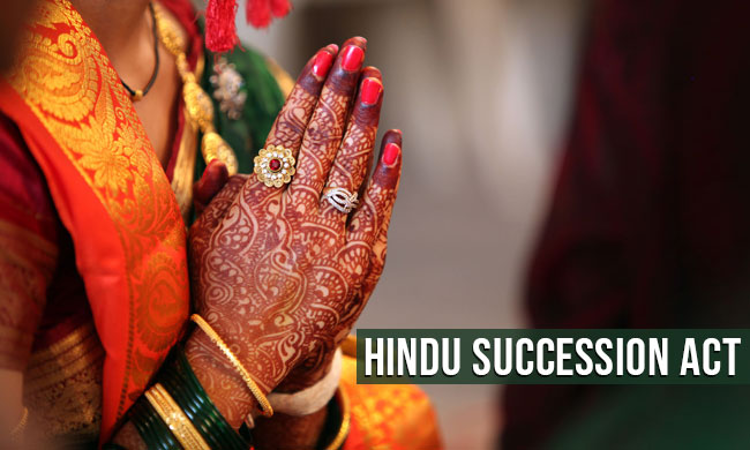Married Hindu Woman Can Enter 'Family Settlement' With Her Heirs On Parental Side: Supreme Court
LIVELAW NEWS NETWORK
23 Feb 2021 1:36 PM IST

Married Hindu woman's relatives on her parental side are not strangers for the purposes of Hindu Succession Act, the Court observed.
Next Story


